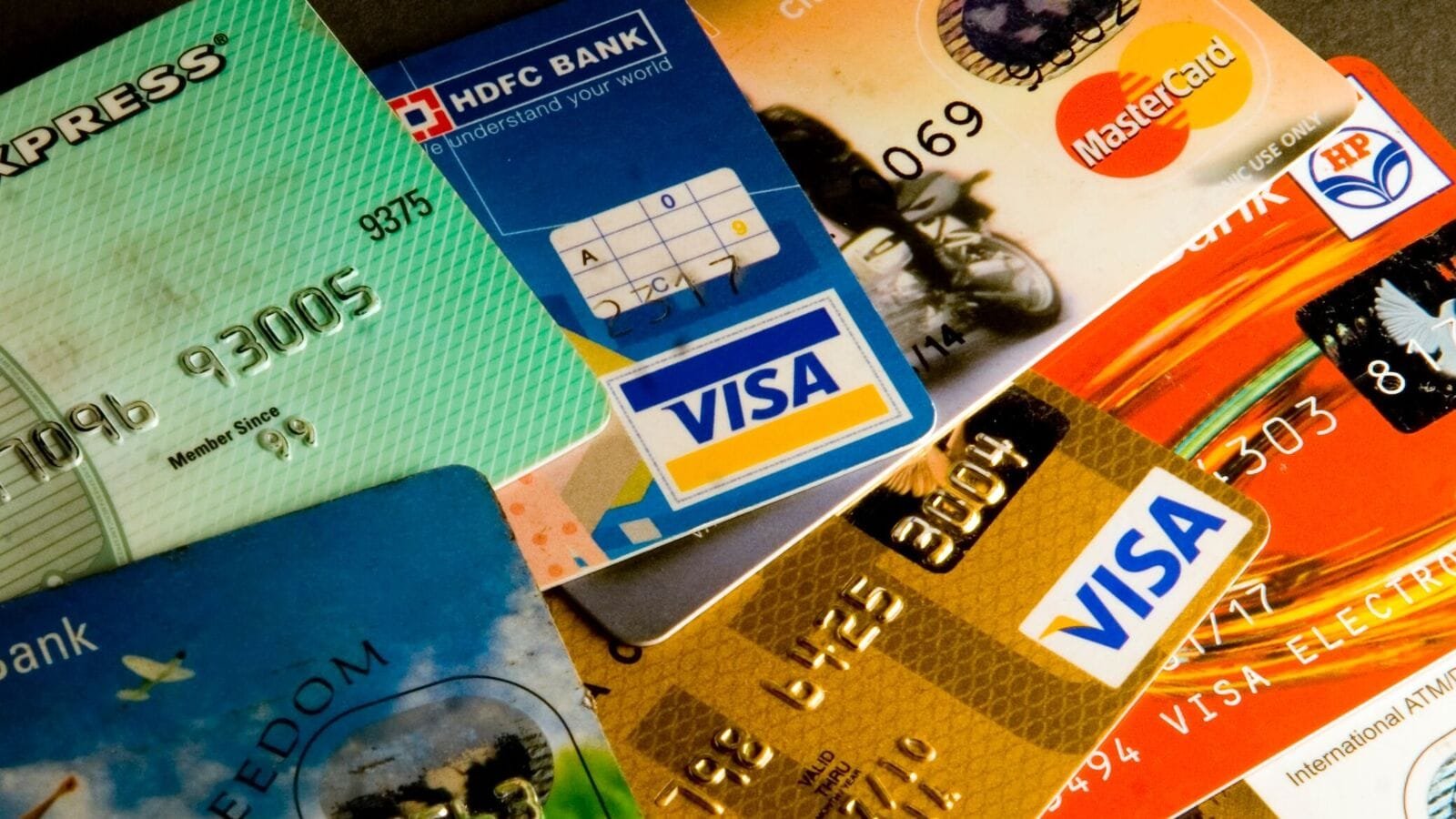Credit cards offer a host of benefits for customers. Cashback rewards are one of the major attractions in credit cards for users. Cashback refers to the percentage of money that is credited back to the customer’s credit card account for the purchases she/he has made. The percentage can be as high as 5% of the total amount spent. But do keep in mind that not all categories earn you a cashback.
A cashback credit card suits individuals who are keen on earning rewards in the form of cash benefits. Card issuing banks typically offer higher cashbacks on online shopping and for select categories such as movie tickets, dining, e-commerce, food delivery apps and grocery. Here are a few things that you should know about cashbacks to maximise your benefits.
How does a cashback work?
Cashback is one of the three major reward earning categories in credit cards alongside free air miles and reward points. If you are really interested in getting cashbacks, you can opt for a credit card that is specifically designed for the purpose.
Unlike other reward points, you cannot use cashbacks to make any purchase of goods or services. Cashbacks are typically credited to the cardholder’s account in her/his monthly credit card statement. It can then be used to pay the month’s bill. Some card issuers allow redemption of cashbacks against the statement balance only if you make a formal request. They also have set up a minimum cash points limit to be eligible for redemption for cashbacks.
Cashback rewards can also be in the form of actual cash that can be used to settle the credit card bill or can be received as a deposit in the bank. Some card issuers do allow customers to use cashbacks earned in the form of cash points to book flights and hotels as well as make purchases. But do not use the cashback card for travel/flight bookings or purchases as you will end up using a very high amount of cash points.
Also, there are a lot of travel-focused and reward-focused credit cards that serve this purpose. So, use a cashback credit card only for the purpose that you originally sought it for—earn cash rewards.
While cashbacks do not expire, some card issuing banks have mandated that cashbacks generated in the form of cash points should be redeemed within the stipulated time frame.
How much can a customer earn in cashbacks?
Card issuing banks offer varying incentives for cashbacks. But the common feature is that cashbacks are typically a specific percentage of the amount spent. For instance, there are cards that give a cashback of 5% of all online spends and 1% on offline spends. But card issuers have a monetary cap on cashbacks that you earn in a month.
Cashback cards, which are designed for specific spending categories, offer higher benefits in that particular category. For example, a cashback card focused on food delivery and dining gives you more bang for the buck if you order more on these platforms.
Which are the categories that are excluded?
Cashback is not applicable on EMI (equated monthly instalment) transactions—both merchant EMI and Flexipay EMI. Cashback is also not applicable on fuel spends. While several credit cards do not allow cashbacks on utility transactions, there are a select few that offer rewards for them. But do remember that to redeem your cashback, you have to pay your credit card bills on time.
Payment of property management fees, rental commissions, rental payments or any such payments, e-wallets, insurance payments, educational expenses, railway ticket booking, purchase of jewellery, payments for credit cards and toll fee payments are excluded for cashback benefits.
Here are some of the popular cashback credit cards:


